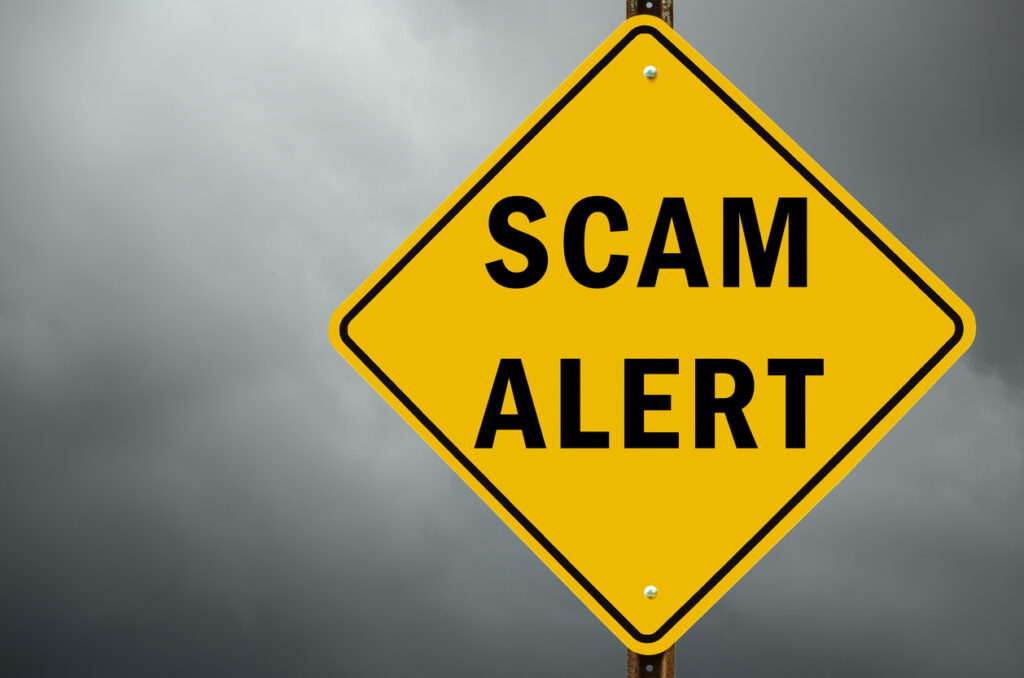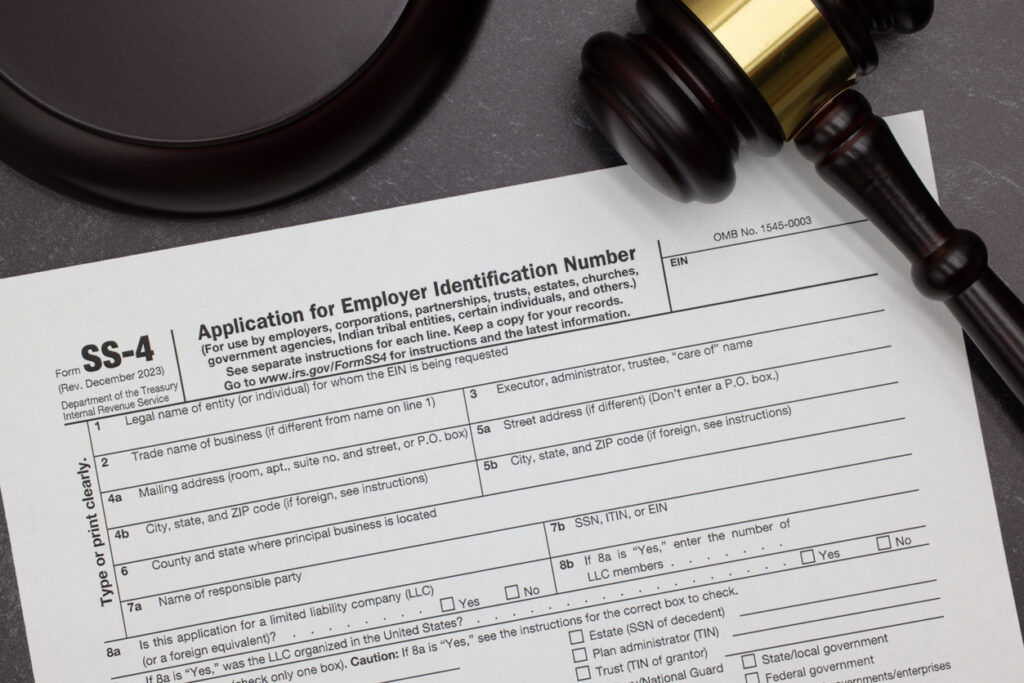Common Scams to Be Aware of as a Business Owner
As a business owner, you are responsible for complying with numerous regulations, have countless expenses, and are juggling several roles in your business structure. You are often rushing through your day, and it can be hard to identify scams that sound like (or are related to) real requirements for your business. Scammers make it seem as if you have to pay them or else you’re breaking the law.
Here are some of the more common scams we see and how to avoid paying the scammers to keep your business in compliance.

Labor Posters
Compliance with employment laws includes posting certain information in areas visible to employees. So when someone calls or sends you an official looking notice by mail and tells you that you have to buy their posters to be in compliance, it can be hard to say no. Plus, the cost isn’t that bad. These posters range from $10 to $50 each, plus shipping, which may be another $10.
However, there are a few problems with this. First, you can download all the required posters for free from either the Colorado Department of Labor or the US Department of Labor. Second, while you might be tempted to delegate the work of getting up-to-date labor posters to someone else, there’s no guarantee that these posters you’re paying for are actually accurate. Finally, sellers of these posters use them as an opportunity to upsell you on near-worthless additional services like compliance insurance. Once you buy their posters, you can expect to be bombarded with numerous additional sales calls, mailings, and emails.
Trademark Registration
Registering your trademark is an essential step in protecting your company’s valuable intellectual property, including software licensing. It’s not surprising that it would also be a tempting target for scammers.
Scammers will often call, email, or mail you, saying there’s a problem with your application that you must resolve immediately to avoid losing your trademark rights. Others might tell you that they can file your application or represent you, even though they’re not a lawyer. These scams can sound convincing because the scammers take information that is publicly available about your application to try to scam you. In some cases, the mail or email you may receive may even be drafted to look like it is coming from an official source.
The United States Patent and Trademark Office (USPTO) wants you to know that its employees will never ask for personal or payment information over the phone, in an email, or in a text. They also don’t want you to send payment via check or money order to third-party addresses.
If you’re getting pressured by someone to act in a way that you think is a scam, don’t engage with them. Contact the attorney handling your application or the USPTO directly or reach out to your business attorney to ensure that what you are receiving is legitimate before you turn over your hard-earned money or personal information.
Paying for EINs
You know you need an employer identification number (EIN) for tax purposes, and if you search online, you will come across numerous websites that offer to help you get an EIN for a fee. However, providing an EIN is a free service from the IRS. Note that if you use a pay service to apply for an EIN, not only will you be out the $300+ that they charge for the service, but any information you provide in the application is potentially compromised, setting you up for identity theft and other more expensive scams later.

Company Seals
Another potential scam is when people tell you that you need a company seal in order to legally do business as a corporation, LLC, or even a sole proprietor. They will likely frame this as a tiered scam: so much to file the paperwork, and wouldn’t you like to have your seal professionally designed, and here is some letterhead with your seal watermark, and don’t you want a fancy desk embosser?
There is currently no legal requirement for companies of any type to obtain a seal during business formation. If you want to have a seal, that is your choice, but you should make sure you work with a reputable company that isn’t trying to improperly charge or upsell you.
Paying for Meeting Minutes
You may get a worrying email or other notice saying that your LLC, nonprofit, or other corporation is required to file meeting minutes with the Secretary of State. The notice might tell you that because you’re delinquent, you have a substantial fee or penalty due. They might also refer you to a service that can prepare your minutes for filing.
Colorado does not require reporting entities to file meeting minutes. There is an annual report required, which you will file through the Colorado Secretary of State’s website, using their form. The cost to file your periodic report is $10.00. Filing late can result in a $50.00 penalty.
Elizabeth Lewis Can Protect You from Scams
All these scams have one thing in common: they are parasites on real legal requirements that your business must adhere to or had to adhere to in the past. Telling the difference between real legal requirements and scammers can be exhausting. This is where your small business lawyer can help. Your lawyer will advise you about how to remain in compliance. Then, if any questions arise, you can refer the potential scammer to your lawyer or call your lawyer for further advice prior to remitting any information or payment to the person requesting it.
Elizabeth Lewis has been serving small and medium sized businesses in Denver and across Colorado since 2007. She’s seen all the scams and knows how to avoid them. She can help your business stay in compliance with all genuine legal requirements from your foundation through all stages of your company’s successful growth, while providing the important legal protections you need throughout the life of your business.
To schedule a free initial call to see if the Law Office of E.C. Lewis, P.C is a good fit for your legal needs, please contact us today.

